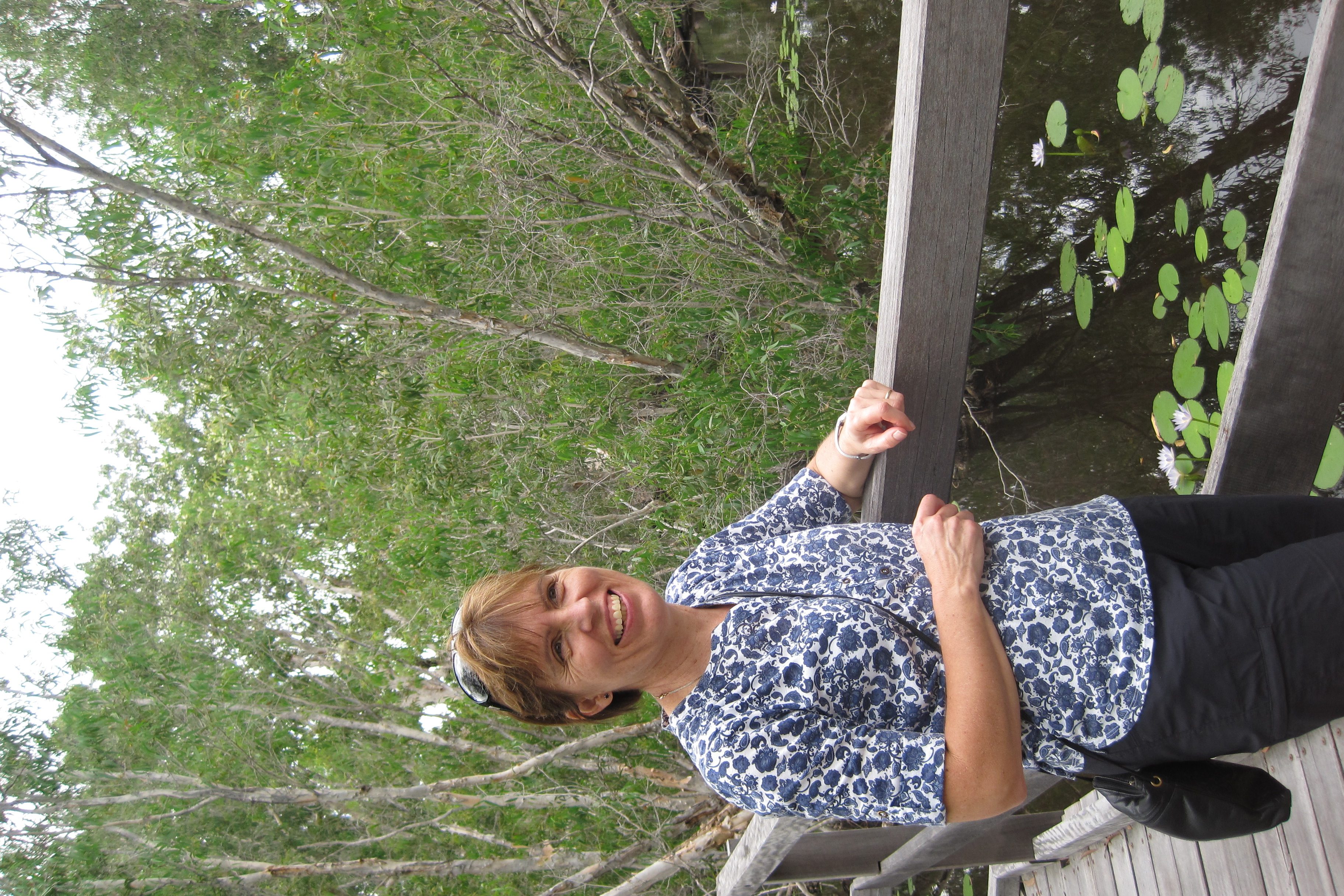Julie Tucker MACN, Nurse Midwife at the Lyell McEwin Hospital talks to the Australian College of Nursing (ACN) in the lead up to International Nurses Day on 12 May.
ACN Member Julie Tucker MACN works at a large metropolitan hospital in a large tertiary setting. She works in women and children’s area and her specialty is pelvic floor dysfunction in women of reproductive age.
On why she chose nursing as a career, Julie says, “I began my career in the early 80s when the career choices for women were limited to either nursing or teaching. I chose the health profession because it resonated with a lot of things that I believed were important in life. Everyone I know who is in the profession got into nursing for two reasons: helping others reach their potential and doing their best.”
“People don’t realise that nurses do so much more than just ‘putting the band-aid’. It’s not just about the physical delivery of care but the needs of that patient as a person,” she adds.
As with everything else, Julie’s work has also shifted in light of the COVID-19 pandemic. “For us, a predominant part of our clinical approach is our patient setting. We have been delivering care differently. We already conducted phone consultations via telehealth for a portion of our care but it now accounts for the majority of our care.”
Of course, there are challenges, Julie adds. “You don’t have the body cues, you have to hone your skills to listen to the words being spoken and how they’re spoken. So, it’s like developing a new range of skills.”
But that tendency to adapt quickly to changing situations is exactly what makes nurses so good at what they do, she points out. “From my perspective, we’re a unique profession in how we are trained and how we respond to a situation. You can see that even in this pandemic. The way we been trained helps us respond to these acute situations, even situations that are so out of the box.”
“We adapt, we get creative on how we provide and deliver care. Certainly, the last few months have challenged the entire health care industry, we have had to realign priorities, find where the resources need to go but also try to maintain the sense of normalcy because people are still coming to hospitals for other issues. I think that’s why nurses and midwives really come into their own, they are an intrinsic part of that big picture, they are the ones that keep everything going.”
And as business must run as usual, so must the celebrations too. On what she plans to do for International Nurses Day, Julie says their group of friends and colleagues might get together on Skype or Zoom for a video call. “Thanks to technology, we have these new ways to connect and they are fun in their own way. We do want that tangible experience of being with our friends, but we’re quite excited to use Skype or Zoom, which allow for great flexibility and more networking in some ways. We did trial one a few weeks ago and it was really jovial and if you want to leave, you just log out!”
Julie concludes with a message for health care workers, “For all the frontline workers and every other person who works in a hospital setting – allied health workers, kitchen staff, orderlies who keep our hospitals and communities safe – I want to say thank you.”
“I have so much respect for everyone who works in health care, especially in this current scenario. Sometimes they’re not recognised. It’s the compassion with which they deliver care, it’s the ability to de-escalate the situation and help the patient understand what’s happening. That’s what I love about being a nurse: being with people and working towards the same goal – better health for everyone.”





